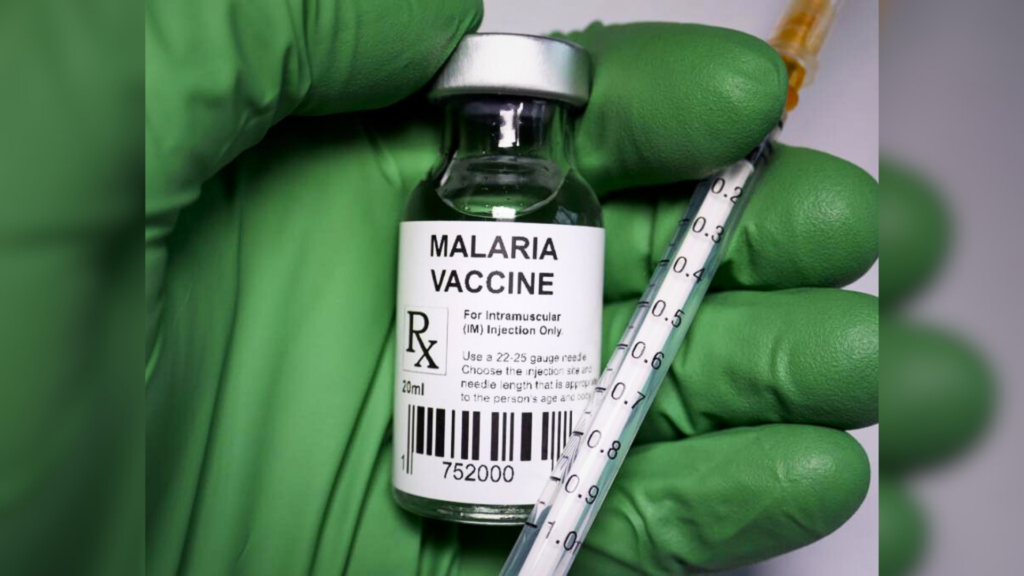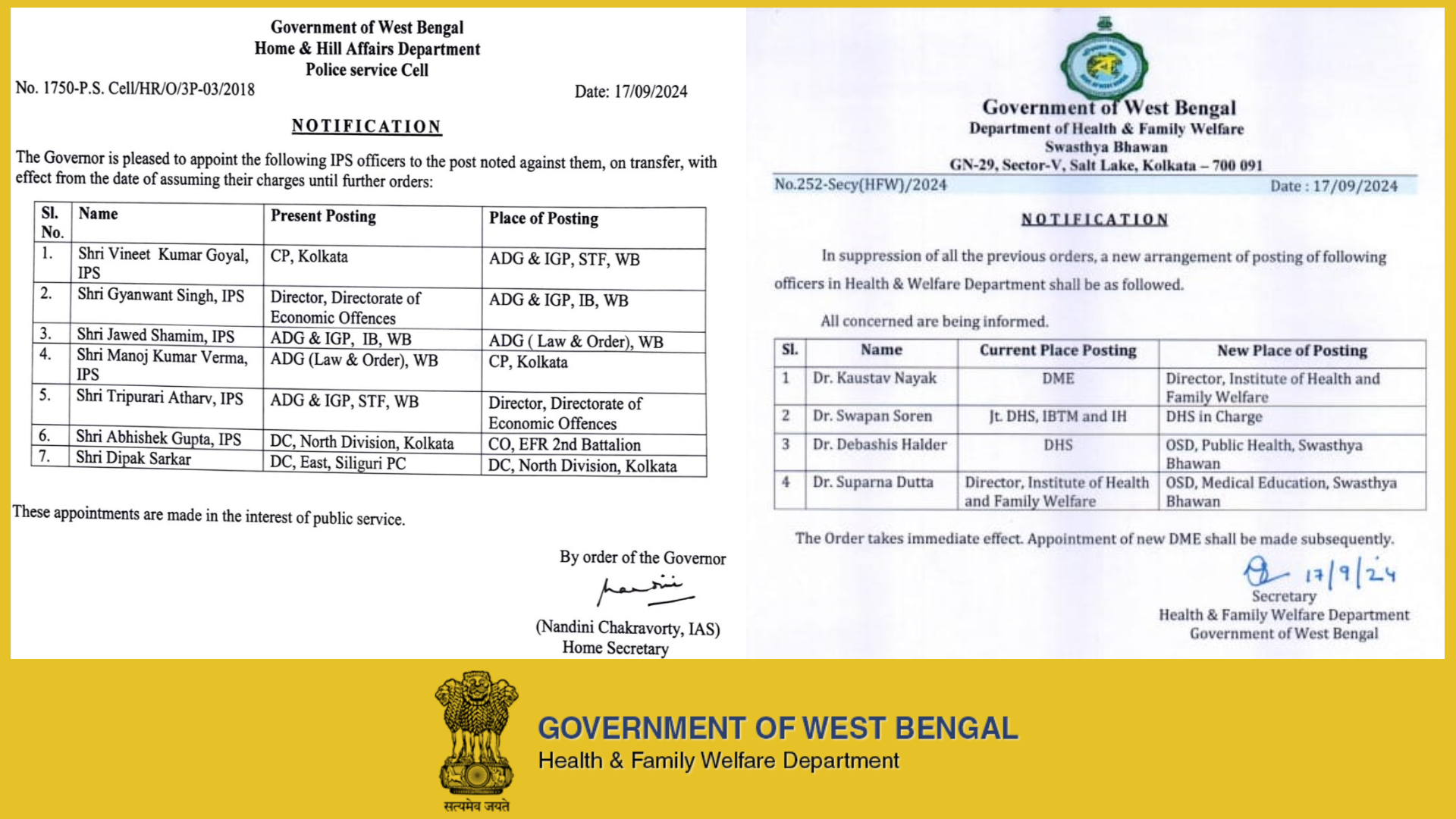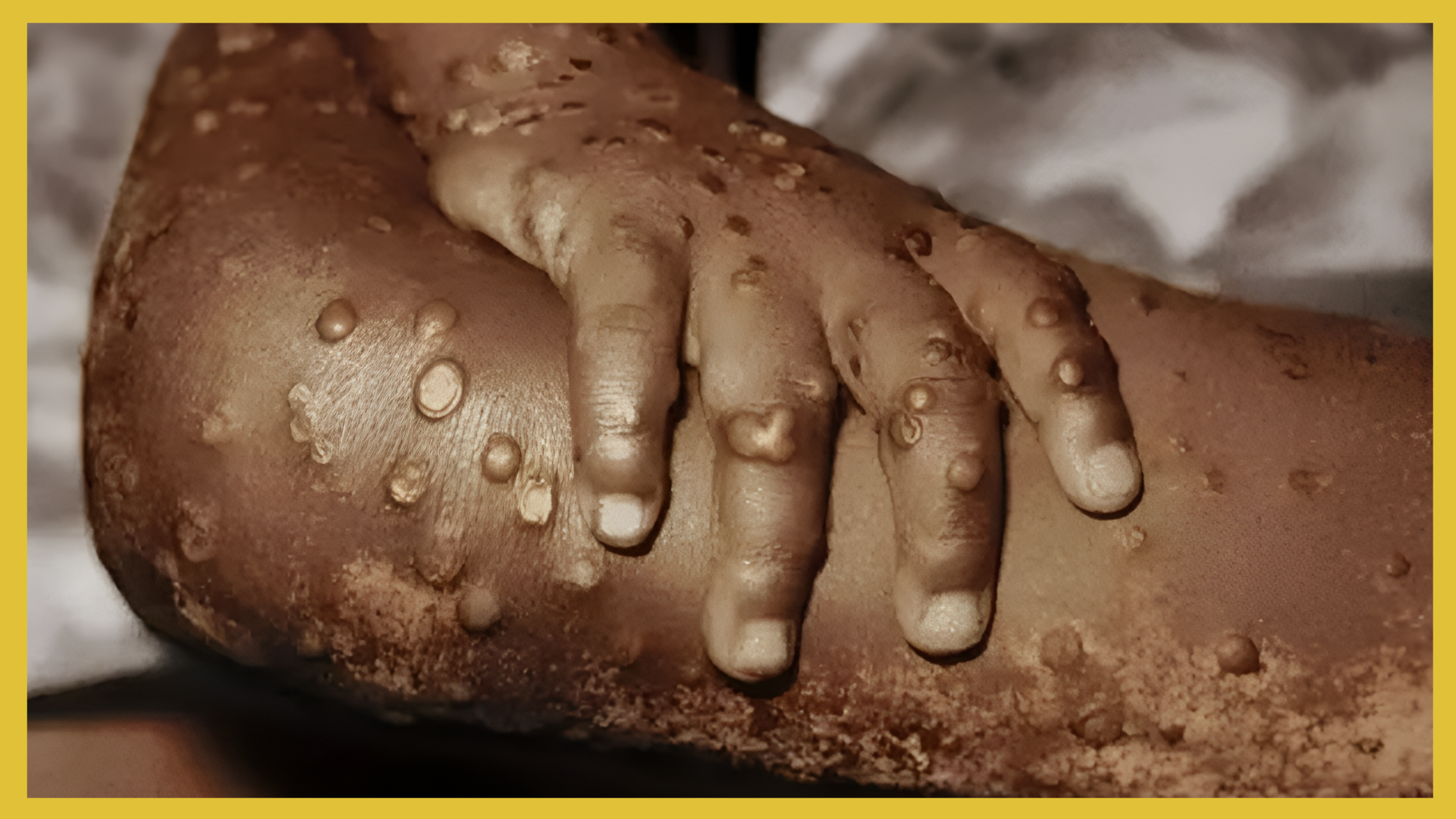WHO approves 2nd vaccine against malaria

The Serum Institute of India-manufactured R21/Matrix-M malaria vaccine on Monday became the second malaria vaccine to be recommended by the World Health Organisation (WHO).
It is almost two years to the day since the first vaccine, called RTS,S/AS01 and developed by GSK, was backed by the WHO.
The three-dose R21/Matrix-M was developed by Oxford University. Research has suggested it is more than 75 per cent effective and a booster extends protection by at least a year. Each dose would cost from 2 to 4 US dollars.
While making the announcement, WHO Director-General Tedros Adhanom Ghebreyesus said the African countries of Ghana, Nigeria and Burkina Faso have become the first three (in that order) to approve R21/Matrix-M.
The vaccine will be rolled out in those countries in early 2024 and in other countries from mid-2024. RTS,S/AS01 will also be rolled out in some African countries in early 2024.
Both R21/Matrix-M and RTS,S act against Plasmodium falciparum, the deadliest malaria parasite and the most prevalent across Africa.
He said that while the effectiveness of the two vaccines was “very similar”, the new one has the advantage of being manufacturable at scale.
Neither, however, can stop transmission of malaria and so, immunisation campaigns alone would not be enough.
Dr Ghebreyesus also said that WHO has already recommended a vaccine against another killer mosquito-borne disease—dengue. Called Qdenga, it is manufactured by Takeda Pharmaceuticals. WHO has recommended it for children aged six to 16 living in areas where the infection is a significant public health problem. Dengue is common in tropical and subtropical climates.







